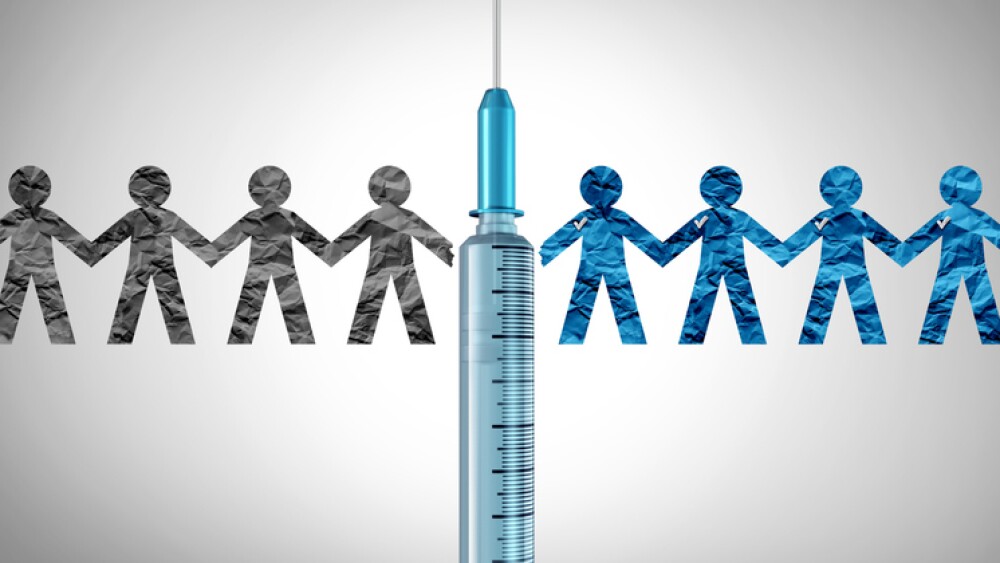Heather McKenzie is a professional journalist with more than five years experience in the biopharmaceutical industry. Since joining BioSpace, she has written more than 200 features and breaking news articles with a particular focus in neuroscience and gene therapy. She has also traveled internationally to cover global biotech hubs such as Israel. In previous roles, she has covered current affairs, sports, education and politics. She previously spent eight years as a senior content producer for executive-level business conferences in the pharma/biotech, legal, energy and business strategy sectors. In her free time, Heather enjoys creative writing, spending time with family and playing with her energetic Russian Blue cat Roofus. She hails from Toronto and has also lived in Chicago and Chesapeake, Virginia. You can reach her at heather.mckenzie@biospace.com.

Heather McKenzie
Senior Editor













